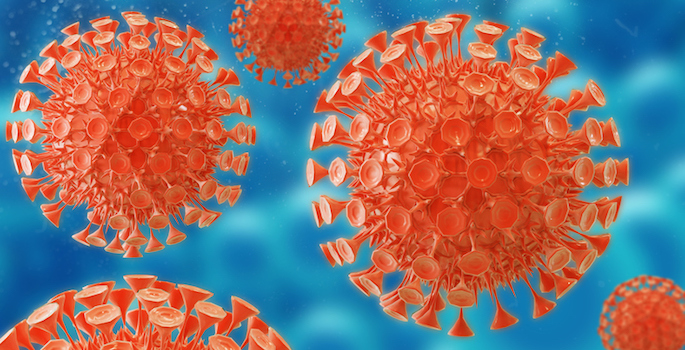Researchers at the Vanderbilt Institute for Global Health (VIGH) have received a major federal grant to study whether an integrated, family-focused approach can prevent mother-to-child transmission of HIV — the AIDS virus — in Nigeria.
The two-year, $895,072 grant was awarded this fall by the Eunice Kennedy Shriver National Institute of Child Health and Human Development, part of the National Institutes of Health (NIH).
The West African nation has one of the world’s highest burdens of mother-to-child transmission of HIV. According to the Joint United Nations Program on HIV/AIDS, 360,000 Nigerian children under age 15 are living with HIV. Most were infected by their mothers during or after delivery.

“It is unfortunate that despite all of the scientific advances made in preventing mother-to-child transmission of HIV we still see thousands of babies born with HIV in Africa every year. We hope this study will provide insight on the best approach to stopping this tragedy,” said the grant’s principal investigator, Muktar Aliyu, M.D., MPH, Dr.P.H., assistant professor of Preventive Medicine.
He and his colleagues will test innovative methods of Preventing Mother to Child Transmission of HIV (PMTCT) at the level of rural health centers in the Nigerian state of Niger.
One approach is the involvement of influential family members, particularly male partners, working in close collaboration with community health workers, to help ensure that HIV-infected pregnant women begin anti-retroviral therapy and that they continue receiving treatment after their babies are born to prevent transmission of HIV through breast milk.
Aliyu is program director for Friends in Global Health Nigeria (FGH), a wholly owned subsidiary of Vanderbilt Health Services, which will help coordinate the prevention services. FGH provides HIV/AIDS services in 32 rural health centers across north central Nigeria.
Since October 2011, more than 22,900 pregnant women received HIV services from FGH sites through support from the United States President’s Emergency Plan for AIDS Relief (PEPFAR).
Other investigators in the research include Carolyn Audet, Ph.D., research assistant professor of Preventive Medicine; Mary Lou Lindegren, M.D., MPH, associate professor of Medicine; VIGH director Sten Vermund, M.D., Ph.D.; C. William Wester, M.D., MPH, assistant professor of Medicine; Bryan Shepherd, Ph.D., associate professor of Biostatistics and Usman Gebi, MBBS, FGH chief of party and adjunct assistant professor of Preventive Medicine.
The NIH grant, 1R01HD075075, is entitled “Optimizing Integrated PMTCT Services in Rural North-Central Nigeria.”















